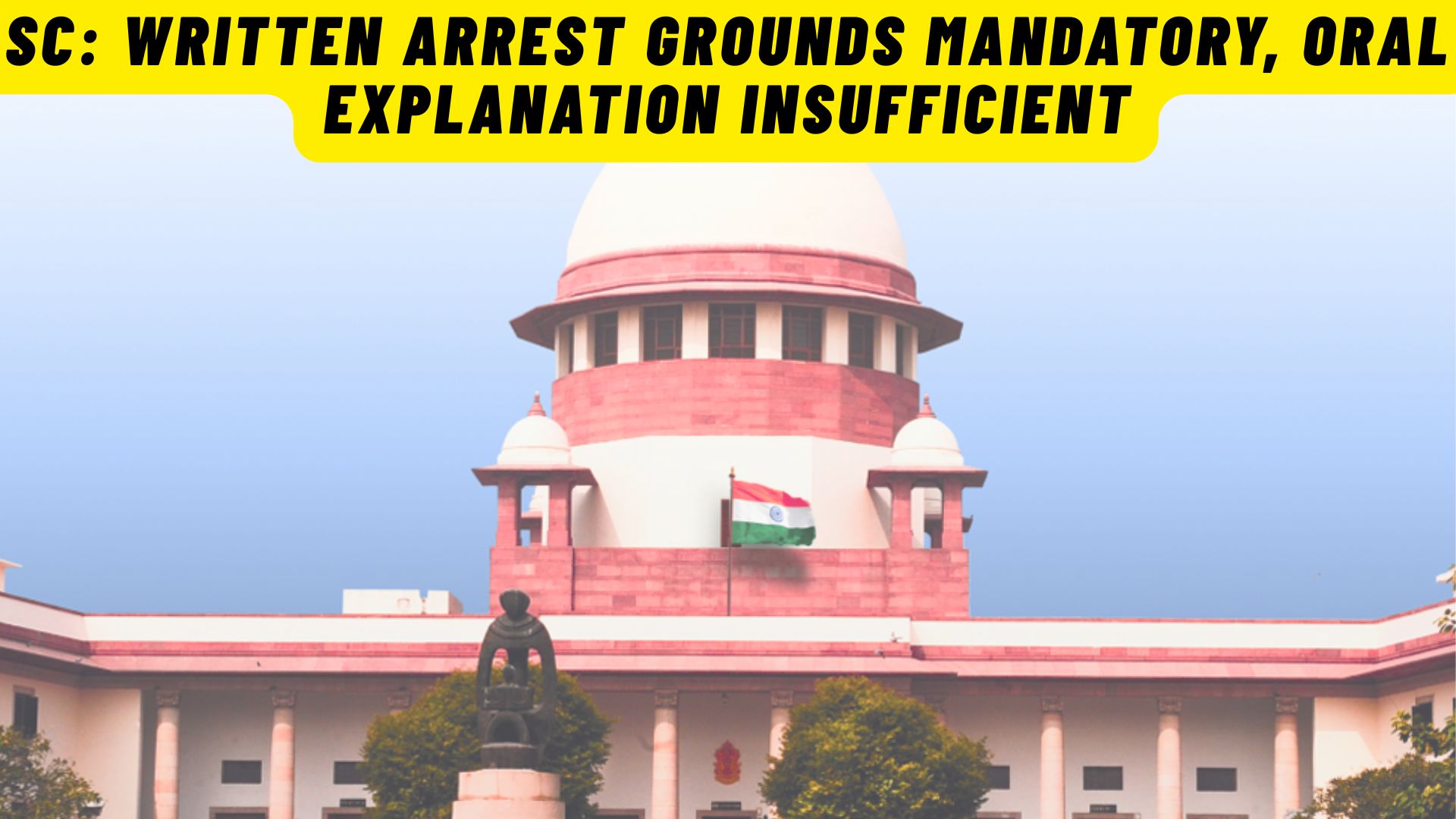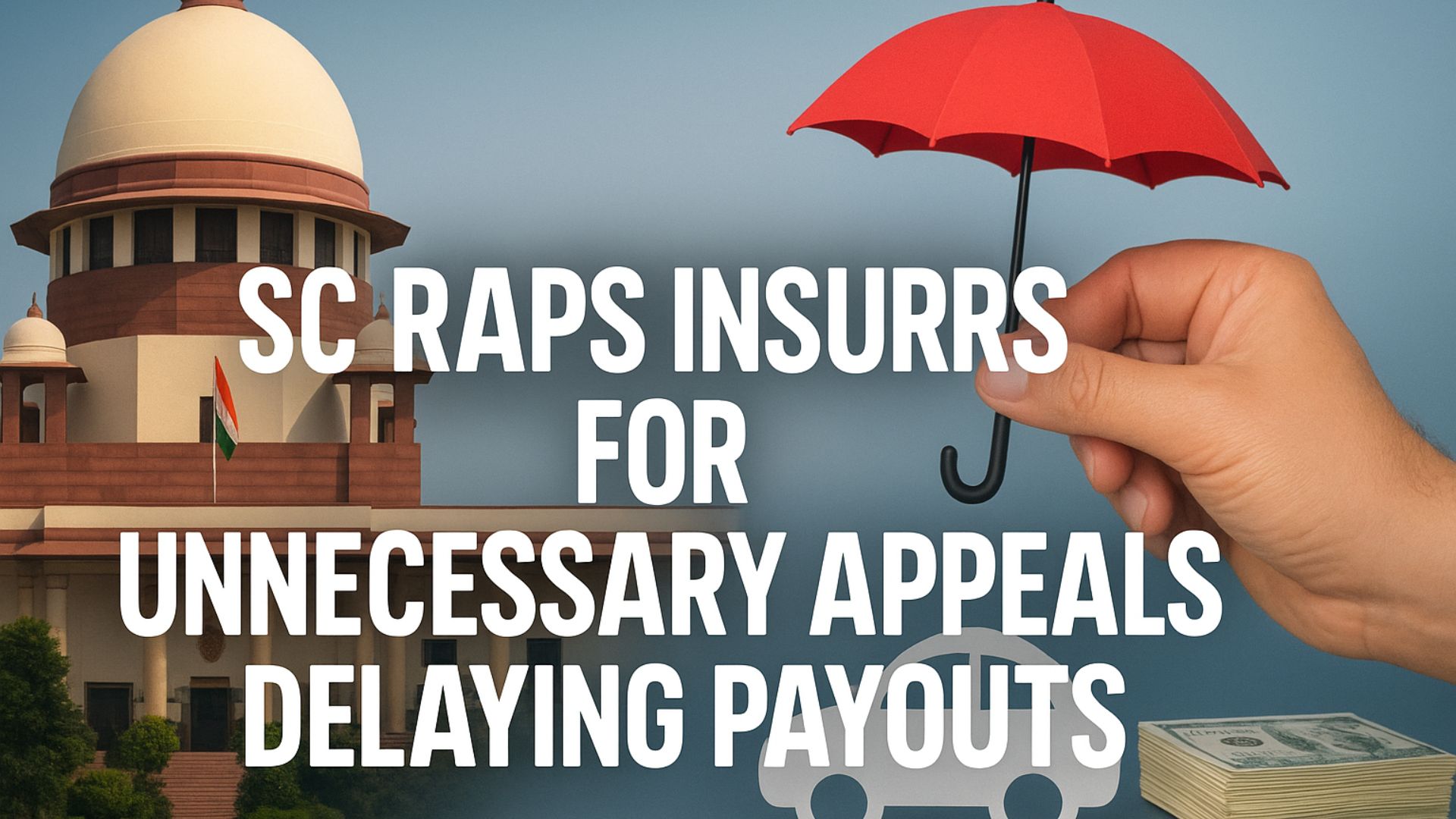Deepak Verma, J.@mdashHeard Sri K.S. Ravishankar, learned Counsel for the appellant, and Sri M.V. Seshachala, learned Counsel for the
respondent.
2. This appeal u/s 260A of the Income Tax Act, 1961 (hereinafter 2 shall be referred to in short as ""the Act""), has been preferred by the asses-see
against the order dated December 20, 2002, passed by the Income Tax Appellate Tribunal, Bangalore Bench ""A"", in the assessee''s I.T.A. No.
402 (Bang)/2002 for the assessment year 1999-2000. In the memo of appeal even though several substantial questions of law have been
formulated, but after having heard learned Counsel for the parties, learned Counsel for the appellant agreed that in fact questions Nos. 33 and 34
may be formulated for decision by this Court in this appeal. Questions Nos. 33 and 34 are reproduced hereunder:
1. Whether, under the facts and in the circumstances of the case, the Income Tax Appellate Tribunal is justified in upholding the levy of interest u/s
201(1A) for the period between October 1, 1998, to January 31, 2000, when the appellant had paid excess amounts to the tune of Rs. 10,34,656
between the period April 1, 1994, to March 31, 1998, and were available with the Income Tax Department?
2. Whether, under the facts and in the circumstances of the case, the Income Tax Appellate Tribunal is correct in rejecting the claim for set off and
refund merely because Section 201(1) and 201(1A) of the Income Tax Act, 1961, have been amended to cover short deduction of tax?
3. The facts of the case, in a nutshell, are as under:
The assesses had initially entered into a technical collaboration agreement with Nissin Technology (S.A.) Private Limited., Singapore (hereinafter
shall be referred to in short as ""NTPL""), for a period commencing from January, 1993, to January, 2000. The said collaboration agreement, inter
alia, included know-how of plant designs specifications equipment and machinery specifications, raw material ingredient specifications process
charts and process specifications, quality control procedures, protocols and specifications.
4. In terms of the collaboration agreement, royalty was payable to NTPL, by the assesses-company as per Clause 4(1) in respect of use of know-
how and technical assistance, equal to an amount of 3 per cent, of the net sale price. The royalty payment by the assessee to NTPL was to be
made on or before the last day of the month immediately following the royalty period. The royalty was to be paid from the end of March 31, 1993,
and each succeeding six months period thereafter during the term ending on March 31 or September 30, as the case may be. The said royalty
payable by the assessee to the collaborator was subject to the provisions of tax deduction at source, as per the various provisions of the Income
Tax Act, 1961.
The assessee credited the royalty as per the agreed terms to the collaborator from April 1, 1994, to January 31, 2000. The assessee initially
deducted Income Tax at the rate of 30 per cent, of royalty payable to the collaborator and this tax deducted was remitted to the Central
Government as and when the royalty was credited. Subsequently the assessee noticed during the year 1998 that the tax deductible u/s 195 of the
Act was 15 per cent, of the royalty payable and not 30 per cent, which was deducted by the assessee erroneously. The view of the assessee was
that in terms of the double taxation avoidance agreement (hereinafter shall be referred to in short as ""DTAA"") entered with the Republic of
Singapore effective from April 1, 1994, with the Republic of India, the royalty would attract tax at 15 per cent, and not higher than that rate. It has
also been contended by the assessee that as far as rate of tax is concerned, the DTAA would have the overriding effect on the provisions of the
Income Tax Act.
5. While verifying the annual return submitted by the assessee for the assessment years 1999-2000, 2000-01 and 2001-02 the Assessing Officer
noticed that there was short deduction of tax at source and accordingly he issued show-cause notice to the assessee u/s 201(1) and 201(1A) of
the Act for the default said to have been committed by the assessee in respect of the aforesaid assessment years. Similarly while verifying the
statement of deduction of tax filed by the assessee for the quarterly year September 30 relevant to the assessment year, the Assessing Officer also
noticed that there was a short deduction of tax. The Assessing Officer rejected the contention of the assessee. Subsequently the said order of the
Assessing Officer was corrected invoking the jurisdiction conferred on him u/s 154 of the Act. However, while doing so, the Assessing Officer
recomputed the short deduction and interest u/s 201(1A) separately for each impugned assessment years. Against the said order, the assessee
preferred appeal before the Commissioner (Appeals), but the appeal also met the fate of dismissal, which gave rise to the assessee to prefer further
appeal before the Tribunal. The Tribunal also came to the conclusion that no case was made out for any interference and dismissed the appeal.
Hence, this further appeal u/s 260A of the Act.
6. After having heard learned Counsel for the parties and after perusal of the records, we are of the considered opinion that the circular of the
Board bearing No. 333, dated April 2, 1982 (see Commissioner of Income Tax, Bombay City-I Vs. Nirlon Synthetic Fibres and Chemicals Ltd.,
), dealing with the conflict between the provisions of the Income Tax Act, 1961, and the provisions of the double taxation avoidance agreement, its
clarification, the judgment of this Court reported in Commissioner of Income Tax Vs. R.M. Muthaiah, and the Board''s Circular No. 769, dated
August 6, 1998 (see Commissioner of Income Tax Vs. Sowmini Ramesh and Another, ), have not at all been considered even though it was
incumbent on the part of the Assessing Officer to have considered the provisions of Section 90(2) of the Act. Section 90(2) of the Act clarified the
legal creases to a great extent. For ready reference the relevant part of Section 90(2) of the Act is reproduced here in below1:
90A.(1) Any specified association in India may enter into an agreement with any specified association in the specified territory outside India and
the Central Government may, by notification in the Official Gazette, make such provisions as may be necessary for adopting and implementing such
agreement--....
(2) Where a specified association in India has entered into an agreement with a specified association of any specified territory outside India under
Sub-section (1) and such agreement has been notified under that Sub-section for granting relief of tax, or, as the case may be, avoidance of double
taxation, then, in relation to the assessee to whom such agreement applies, the provisions of this Act shall apply to the extent they are more
beneficial to that assessee.
7. Learned Counsel appearing for the Revenue strenuously contended that the record would show that the assessee had not raised all these
questions either before the Assessing Officer or in the appeal before the Commissioner of Income Tax (Appeals) or before the Income Tax
Appellate Tribunal, thus cannot be allowed to raise the same at this stage.
8. Be that as it may, since according to us all these questions are pure questions of law, which are required to be considered but could not be
considered even assuming may be due to the fault of the assessee, but since they go to the root of the matter and are of very vital importance and
significance, thus are required to be decided from the very beginning. Therefore, it is desirable that the matter is remanded to the Assessing Officer
so as to enable him to consider the relevant provisions of law, the aforesaid circulars as also the judgment of this Court throwing light directly on
the issue involved in the case.
9. In this view of the matter, without answering the questions of law as formulated by the appellant, we set aside the orders passed by the
Assessing Officer, the appellate order of the Commissioner of Income Tax (Appeals) and the order passed by the Income Tax Appellate Tribunal
and remand the matter to the Assessing Officer for reassessment to be conducted, in accordance with law.

